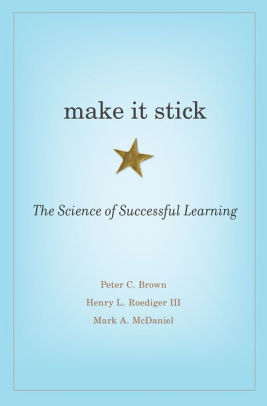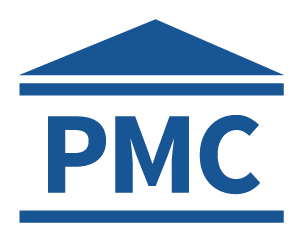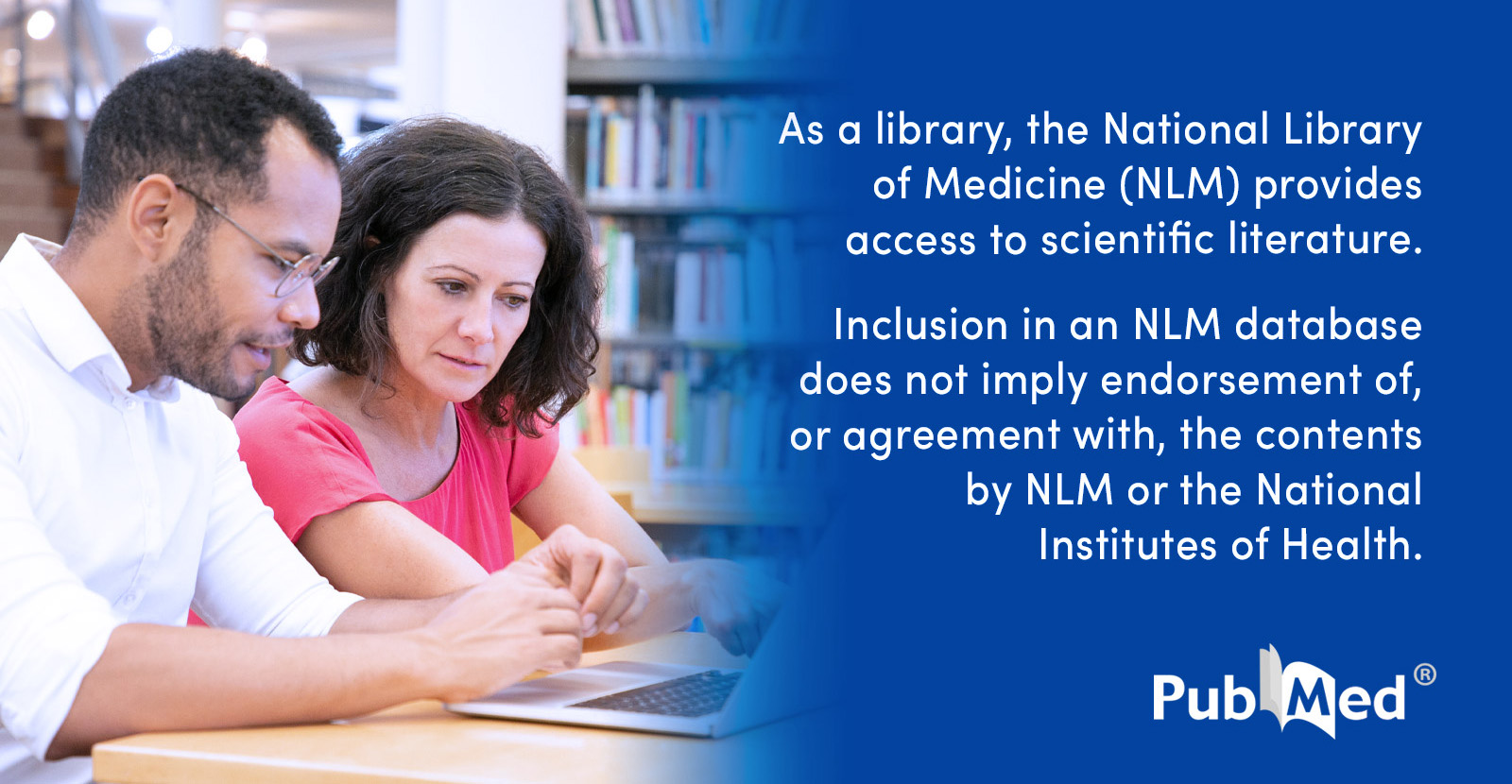Stranix
Iron
- Joined
- Mar 22, 2020
- Posts
- 156
- Reputation
- 226
I've read several of his articles. The 20 rules for anki one is pretty good although I do not use anki that much. Too much of it can be detrimental because sometimes it is good to forget stuff that is of no use.The polish guy who basically invented the first spaced repetition software back in the 90s and has been researching and writing about learning ever since. Theres some interesting stuff in his writings.
Check this out, A bit of a long read but this guy is an AI/Quantum computing researcher and he writes about how he uses anki to do stuff.
Augmenting Long-term Memory
augmentingcognition.com







